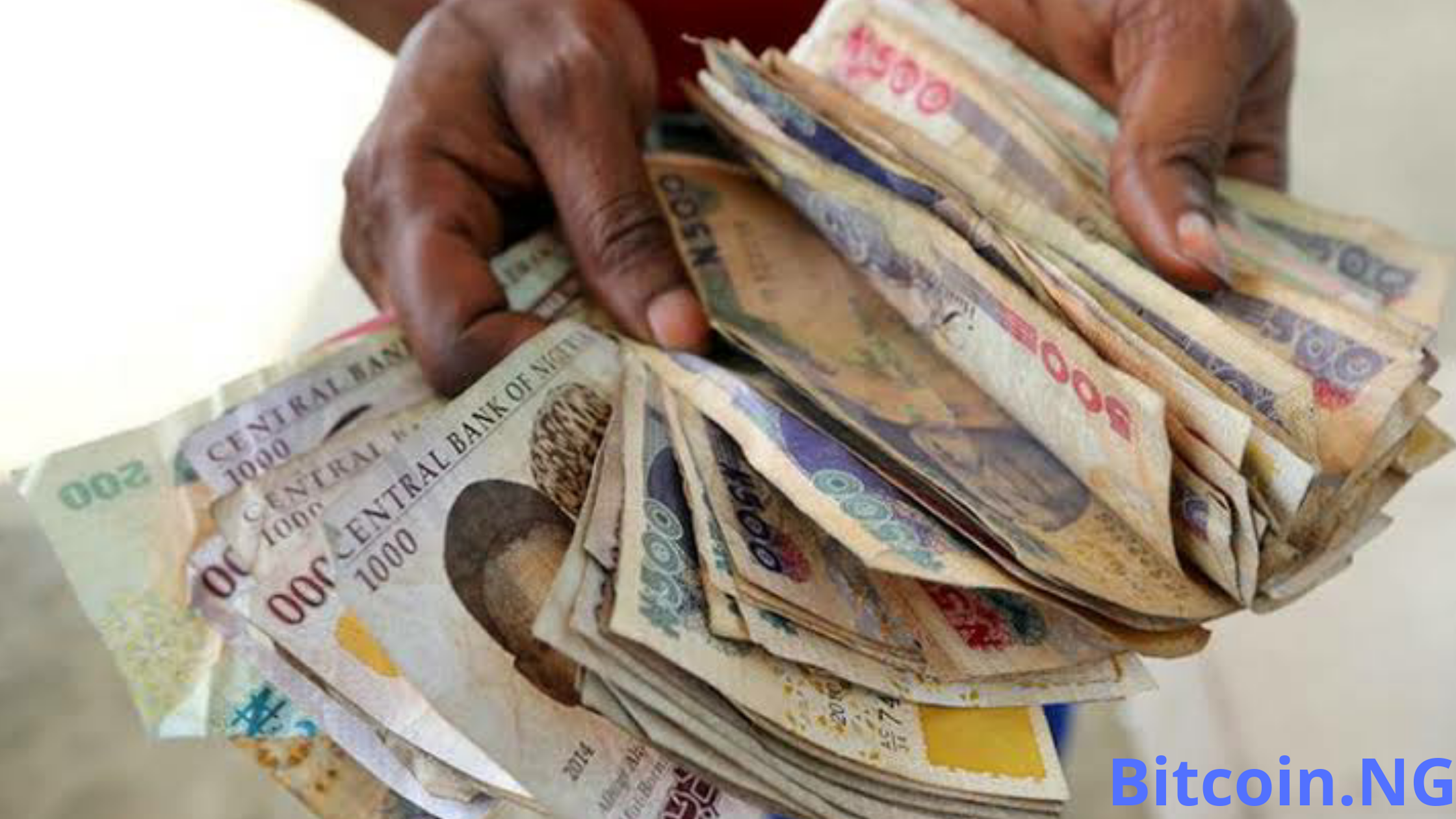
With the current wave of the Corona virus pandemic ravaging economies, an overhaul of the traditional financial and payments system seems inevitable.
Predictions are rife that digital payment models like central bank digital currencies, cryptocurrencies, and online payments are the way to go.
At this time, government-imposed lockdowns have forced individuals to go cashless for convenience, easy cross-border payments, and most importantly for safety against the spread of the COVID-19 virus.
According to a report by the World Health Organization (WHO), cash notes pose a higher risk of transmission of COVID-19, as paper bills can hold the virus, given their material and how long cash changes hands everyday. Experts say though the virus does not penetrate the skin on your hands, it can still be transferred from hand to other parts like the mouth, nose, and eyes.
Yes it’s possible and it’s a good question. We know that money changes hands frequently and can pick up all sorts of bacteria and viruses … when possible it’s a good idea to use contactless payments”
– WHO Spokesman
This assertion can be seen in the case of China which resorted to disinfect and quarantine its bank notes for 14 days before recycling them to the public as the country fought to curtail the virus spread.
Despite these measures, avoiding cash is not enough. The use of ATM cards and machines poses a potential risk too, with these public money boxes very susceptible to infection. Reports say the virus can live on plastic cards or steel surfaces for about three (3) days.
While there are proposals for a migration to polymer notes like Nigeria’s lower denominations 20, 50 Naira; the polymer material does not rule out the spread rather it reduces the risk of transmission to a lower degree.
To these effect, many brick and mortar businesses are opting for contactless payments, with individuals preferring to make online transfers as the safest option; and thankfully the infrastructure for these modes of payment are in place.
Across the globe, central banks are testing new models of digital payments to keep up with advancing technology and COVID-19 realities.
Top mong these digital payment alternatives is the concept of a Central Bank Digital Currency (CBDC) as proposed in the case of China (Digital Yuan), France and Europe (Digital Euro).
The world’s number one cashless nation – Sweden also announced last year it has begun plans to introduce its own digital currency: The e-Krona, a digital currency backed by the Central Bank that could accelerate the country’s cashless society. The Swedish digital currency will be implemented throughout the country in 2021.
The United States on its part is still evaluating the risk-to-benefit ratio of issuing a digital dollar with a hearing on the digital USD set for Tuesday June 30, 2020. Watch the remote hearing live here.
However, pressure is mounting on the U.S. government to lead the digital currency charge before the likes of China; and many are curious to see if the digital dollar CBDC project proposed by Christopher Giancarlo – a former Chairman of the U.S. Commodity Futures Trading Commission will be approved.
The pandemic has sure increased the number of digital transactions especially in crowded cities like Lagos, Nigeria. This looks like an inevitable push needed to fast track the cashless policy.
The benefits of a cashless economy are limitless – from cheaper costs, to convenience, and speed. A cashless economy model allows people transact without ever visiting a physical bank.
Despite these benefits, we must note that a transition from a cash to cashless-based economy will not be straightforward especially in Nigeria.
A key problem is the hitch experienced with common bank transfers. Unlike cryptocurrency/digital currency/ bitcoin, online cash payments can be delayed or reversed which hinders the free flow of payments.
There is also the literacy challenge. This happens as even with the increasing use of smart phones, a large population of Nigerians still struggle with proper use of gadgets and are prone to mistakes while using digital banking or fintech platforms.
Other challenges to Nigeria’s cashless plans include:
It is worthy of note that these highlighted factors are common to both developed and developing nations alike, even though to a varying degree of effect.
What is best proposed in the case of Nigeria is a regional strategy, where the apex bank can implement its cashless system using a state approach from urban to rural, one city or state at a time.
Also, partnerships with budding fintech firms from blockchain to cryptocurrency would help ensure a regulated and standard payments system.
Is a fully cashless or digital currency based economy feasible in Nigeria at this time? Share your thoughts in the comments below.
NOTE: Opinions expressed here are solely of the author. Not an expression of the general opinions of the Bitcoin.NG team.